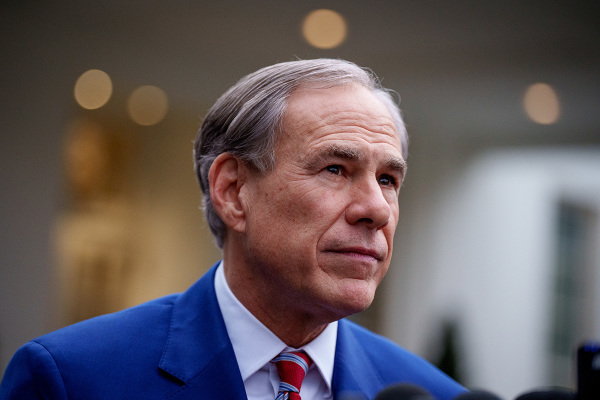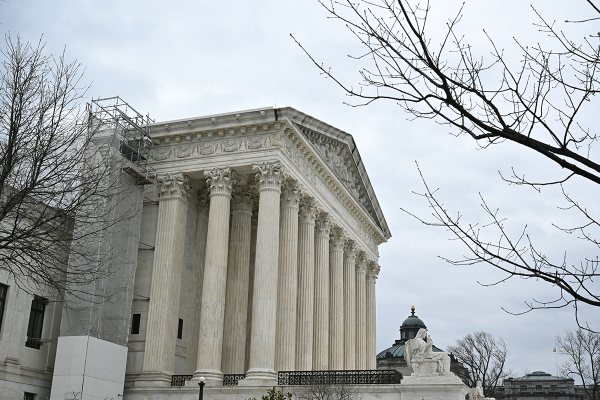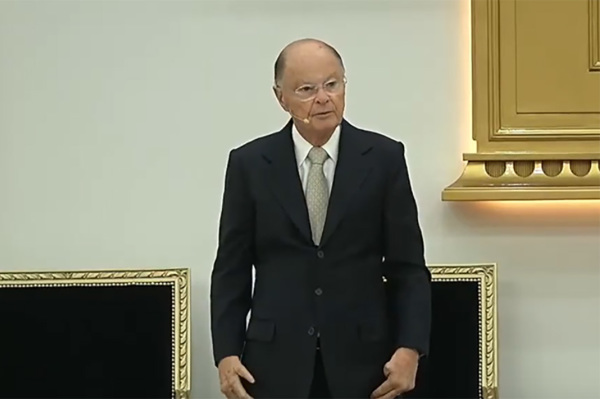Okla. Judge Rules That State's Ban on Gay Marriage Is Unconstitutional
A judge has ruled that Oklahoma's constitutional ban on same-sex marriage violated the Equal Protection Clause of the U.S. Constitution.
While U.S. District Judge Terence Kern ruled Tuesday against the ban, the decision is stayed pending an appeal.
"Judge Kern has come to the conclusion that so many have before him – that the fundamental equality of lesbian and gay couples is guaranteed by the United States Constitution," said Chad Griffith, president of the Human Rights Campaign, in a statement.
"Equality is not just for the coasts anymore, and today's news from Oklahoma shows that time has come for fairness and dignity to reach every American in all 50 states."
The 2004 Referendum
Kern's ruling was in regards to the constitutional amendment Oklahoma voters passed in 2004 regarding marriage definition.
In November 2004, 76 percent of Oklahomans voted in favor of Question 711, which legally defined marriage as being between one man and one woman.
Oklahoma Question 711: "Amend the state constitution to define marriage as being between one man and one woman; only married people are eligible for the benefits for married people; same-sex marriages from other states are not valid in Oklahoma; it would be a misdemeanor to issue a marriage license in Oklahoma; by adding Section 35 to Article 2."
Support for the ban was found even among younger voters, with 70 percent of the 18 to 29 year old demographic voting yes to Question 711.
Immediately after it passed, two lesbian couples filed a lawsuit in the U.S. District Court for the Northern District of Oklahoma against the ban.
Conservative Response
In addition to the outcry from Oklahoma state officials over the decision, several social conservatives have also voiced their denunciations of Kern's decision.
Brian Brown, president of the National Organization for Marriage, said in a statement that the Kern decision renewed his call for "for an amendment to the U.S. Constitution to protect marriage as the union of one man and one woman."
"We need firm legislative action to protect the rights of the states and their citizens to make their own determinations regarding the definition of marriage without interference from federal appointees either in the courts or within the executive branch," said Brown.
Russell D. Moore, president of the Ethics & Religious Liberty Commission of the Southern Baptist Convention commented that "The Supreme Court will soon decide these things, for good or for ill."
"In the meantime, let's take the opportunity to engage our neighbors with a vision of marriage as defined by God and rooted in the Gospel, not in judicial fiat," said Moore.
Family Research Council President Tony Perkins released a statement denouncing the "activist judge" for "overrunning…the rule of law."
"He is substituting his own ideology for the three quarters of Oklahomans who voted to preserve marriage in their constitution as it has always been defined," said Perkins.
"Rather than live-and-let-live, this court by redefining marriage will force people to violate the basic teachings of their faith, or lose their jobs."






















